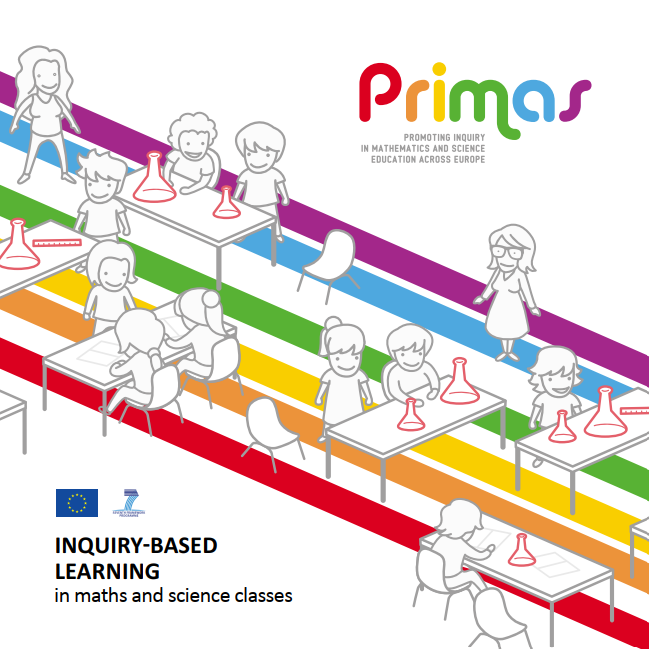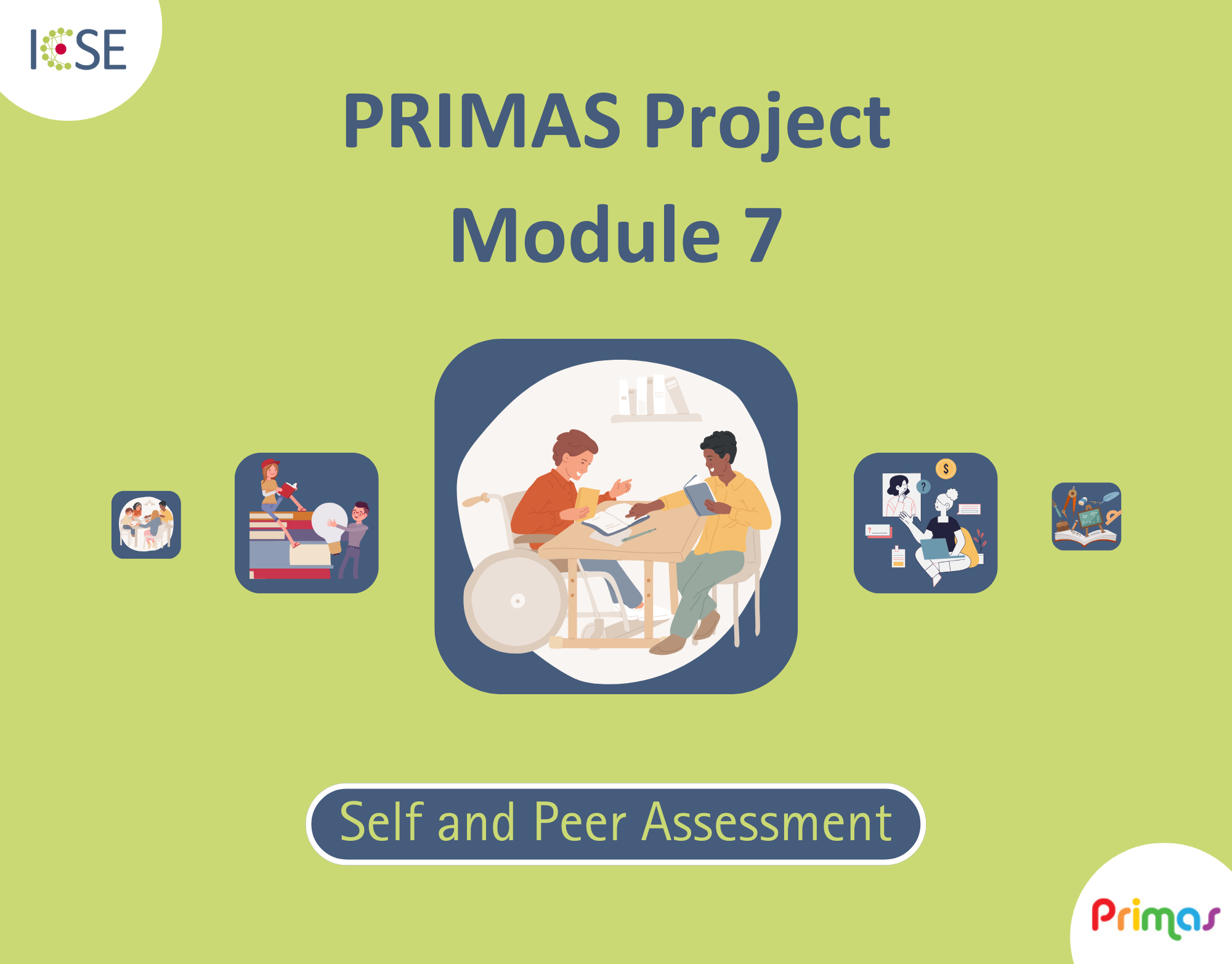
This booklet aims to provide a basic introduction to inquiry-based learning (IBL). We hope it will both inspire and provoke you to reconsider your own approaches to teaching and learning. It is aimed at teachers and teacher educators and provides…
Teacher Professional Development

This booklet aims to provide a basic introduction to inquiry-based learning (IBL). We hope it will both inspire and provoke you to reconsider your own approaches to teaching and learning. It is aimed at teachers and teacher educators and provides…

Cluster 4 explores innovative assessment methods in STEM education. The first session examines how assessment aligns with educational practices across educational contexts and presents tools to enhance student thinking, reasoning, collaboration, and problem-solving. The second session introduces frameworks for assessing…

This cluster begins with an overview of educational competences, focusing on digital skills, particularly 3D printing and AI in STEM. The second session introduces escape games in STE(A)M, offering resources and methods for building digital competencies through student-created escape games….

The “Diversity and Inclusion” cluster starts with an introduction to raising awareness about diversity in STEM education, presenting teaching strategies from critical postmodern science pedagogy. The second session focuses on redesigning tasks for inclusion, with participants preparing an activity and…

Cluster 1 addresses ways to deal with sustainability in STEM education. The first session highlights the importance of sustainability and its educational value, especially through socio-scientific contexts. The second session covers inquiry-based approaches, guiding participants in re-designing closed tasks. The…

This module covers cultural diversity and inclusion in science and math education. Participants learn about challenges in teaching diverse classrooms and creating inclusive cultures. They gain skills in integrating cultural aspects into teaching and applying course knowledge practically. They also…

This module focuses on integrating real-world contexts into science and math lessons. Participants learn to connect concepts with practical situations, help students apply knowledge in everyday life, understand the interaction of real-world contexts with scientific and moral reasoning, and discuss…

Module 1 adresses diversity in achievement within science and math classrooms. Participants gain insights into preparing inclusive lesson plans, redesigning materials with Inquiry-Based Learning (IBL) traits, and employing tailored teaching methods to support diverse levels of achievement. This module contains…

Module 7 builds on the topic of assessment from module 6. It encourages discussion of several issues: helping students become more aware of IBL processes and their importance in problem solving, encouraging students to take more responsibility for their own…

Inquiry-based teaching assumes that students are not ‘blank slates’ but actively thinking individuals with diverse skills and ideas. Research indicates that effective teaching incorporates prior learning to adapt to students’ needs. This module explores assessing performance through problems, using formative…
You need to load content from reCAPTCHA to submit the form. Please note that doing so will share data with third-party providers.
More InformationYou are currently viewing a placeholder content from Turnstile. To access the actual content, click the button below. Please note that doing so will share data with third-party providers.
More InformationYou are currently viewing a placeholder content from Facebook. To access the actual content, click the button below. Please note that doing so will share data with third-party providers.
More InformationYou are currently viewing a placeholder content from Instagram. To access the actual content, click the button below. Please note that doing so will share data with third-party providers.
More InformationYou are currently viewing a placeholder content from OpenStreetMap. To access the actual content, click the button below. Please note that doing so will share data with third-party providers.
More InformationYou are currently viewing a placeholder content from Google Maps. To access the actual content, click the button below. Please note that doing so will share data with third-party providers.
More InformationYou are currently viewing a placeholder content from YouTube. To access the actual content, click the button below. Please note that doing so will share data with third-party providers.
More InformationYou are currently viewing a placeholder content from Vimeo. To access the actual content, click the button below. Please note that doing so will share data with third-party providers.
More InformationYou need to load content from hCaptcha to submit the form. Please note that doing so will share data with third-party providers.
More InformationYou need to load content from reCAPTCHA to submit the form. Please note that doing so will share data with third-party providers.
More InformationYou are currently viewing a placeholder content from Turnstile. To access the actual content, click the button below. Please note that doing so will share data with third-party providers.
More InformationYou are currently viewing a placeholder content from X. To access the actual content, click the button below. Please note that doing so will share data with third-party providers.
More Information